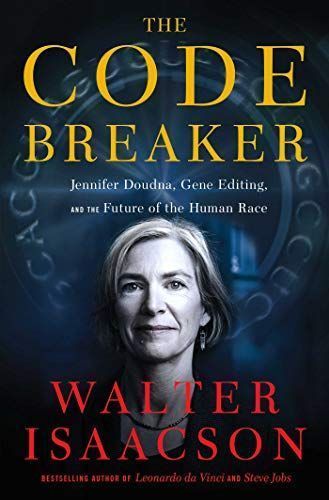
The Code Breaker Jennifer Doudna, Gene Editing, and the Future of the Human Race
"A gripping account of how the pioneering scientist Jennifer Doudna, along with her colleagues and rivals, launched a revolution that will allow us to cure diseases, fend off viruses, and enhance our children"--
Reviews
Heiki Riesenkampf@hrk
Patricia Nelson@tnelson577
matej yangwao@yangwao
Andrew John Kinney@numidica
Bouke van der Bijl@bouk
Lord Aragorn@lordaragorn
Keven Wang@kevenwang
Eneko Uruñuela@eurunuela
McKlayne Marshall@mcklayne
Kuba Milcarz@kubamilcarz
Vivian@vivian_munich
Vivian@vivian_munich
Aaron Bach@bachya
Omar@omareduardo
Emily S@bibliochemist
Shreerag Plakazhi@shreerag
Vijayasarathy Muthu@vijayasarathy
Francesca Starecheski@cescastar
Brock@brock
Rob@robcesq
Nenad Nikolic@nnikolic72
Matt Illing@matt_i
Kiman@kiman
Kumar Puspesh@puspesh
Highlights
Eneko Uruñuela@eurunuela
Page 17